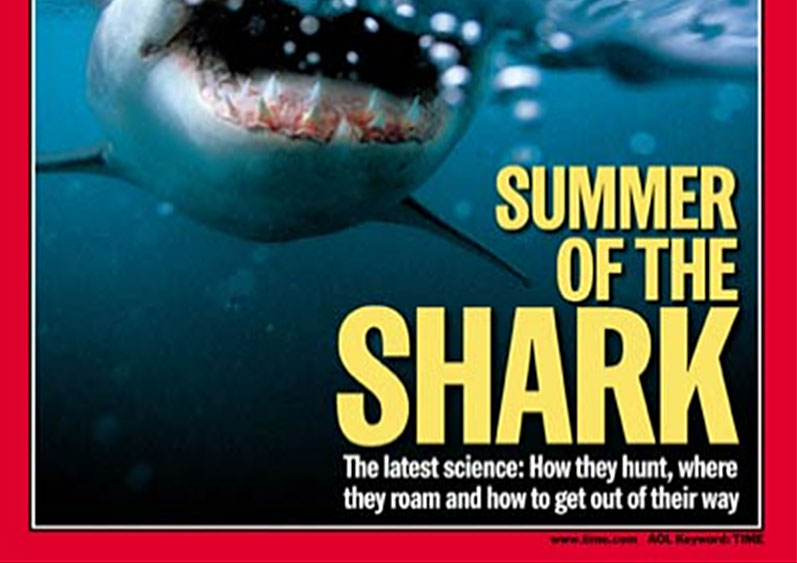I have written in article at Forbes.com called Summer of the Shark, Global Warming Edition. It describes why the media, and many average citizens, are exaggerating the degree and effects of extreme weather. Here is a preview of that article, but I encourage you to read it all
In the summer of 2001, a little boy in Mississippi lost an arm in a shark attack. The media went absolutely crazy. For weeks and months they highlighted every shark attack on the evening news. They ran aerial footage of sharks in the water near beaches. They coined the term “Summer of the Shark.” According to Wikipedia, shark attacks were the number three story, in terms of network news time dedicated, of the summer.
Bombarded by such coverage, most Americans responded to polls by saying they were concerned about the uptick in shark attacks. In fact, there were actually about 10% fewer shark attacks in 2001 than in 2000. Our perceptions were severely biased by the coverage.
Similarly, every bit of severe weather now makes the news, so the American public can be forgiven for thinking that maybe such weather is increasing. But when one actually looks at data, it’s hard to see good evidence of a shift in severe weather. Neitherextreme wet weather, extreme dry weather, tornadoes, or hurricanes show any real upward trend. Sure we had some 100-year high temperatures in the US in March. But in the same month the rest of the world was at or below its average temperature for the last couple of decades.

